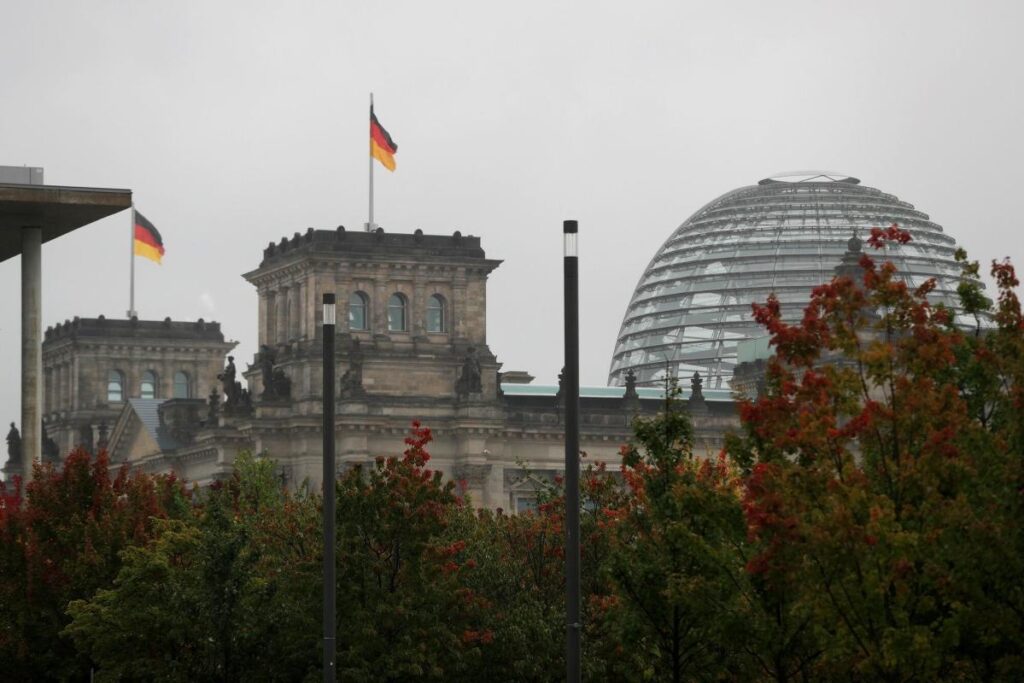(Bloomberg) — German Finance Minister Christian Lindner will not give in to ministers’ requests for an increase in next year’s budget and will stick to his goal of enforcing tougher rules on borrowing, an aide said.
Most read articles on Bloomberg
Defense Minister Boris Pistorius, Foreign Minister Annalena Baerbock and Labor Minister Hubertus Heil have all called on Lindner for more funding, but weaker-than-expected tax revenue forecasts and the chancellor's determination to stick to the so-called debt brake enshrined in the German constitution limit Lindner's room to meet their demands.
Both Chancellor Olaf Scholz, a Social Democrat, and Vice Chancellor and Economics Minister Robert Harbeck, a Green, have publicly backed Lindner, who leads the fiscal hawkish Free Democrats, the smallest party in the three-party ruling coalition.
“The chancellor stresses that he wants to fulfil the constitutional requirements,” Florian Tonkar, Lindner's de facto No. 2, minister of state, said in an interview with Bloomberg TV in Frankfurt on Tuesday. “The finance ministry is working very hard on this.”
Read more: Germany prepares €7 billion tax reform to support economy
Lindner aims to have next year's budget approved by cabinet in early July and presented to parliament in mid-August.
If that happens, it is expected to gain the support of members of both the lower house (Bundestag) and the upper house (Bundesrat), where the 16 federal states are represented, by the end of the year.
Pistorius is the only minister excluded from Lindner's savings plan, in order to ensure that Germany can stick to Scholz's commitment to meet the NATO target of spending at least 2 percent of gross domestic product on the military in the long term.
Habeck was reported as saying on Wednesday that some of the requests for additional funding were “often well justified,” but the government needed to set priorities.
“We can't just print money arbitrarily, so we have to make cuts in other areas,” he told Rheinpost.
“Of course, it has to be done carefully. Last time, even small cuts led to massive protests,” he added, referring to farmer protests earlier this year over the government's plans to remove diesel subsidies.
Most read articles on Bloomberg Businessweek
©2024 Bloomberg LP


